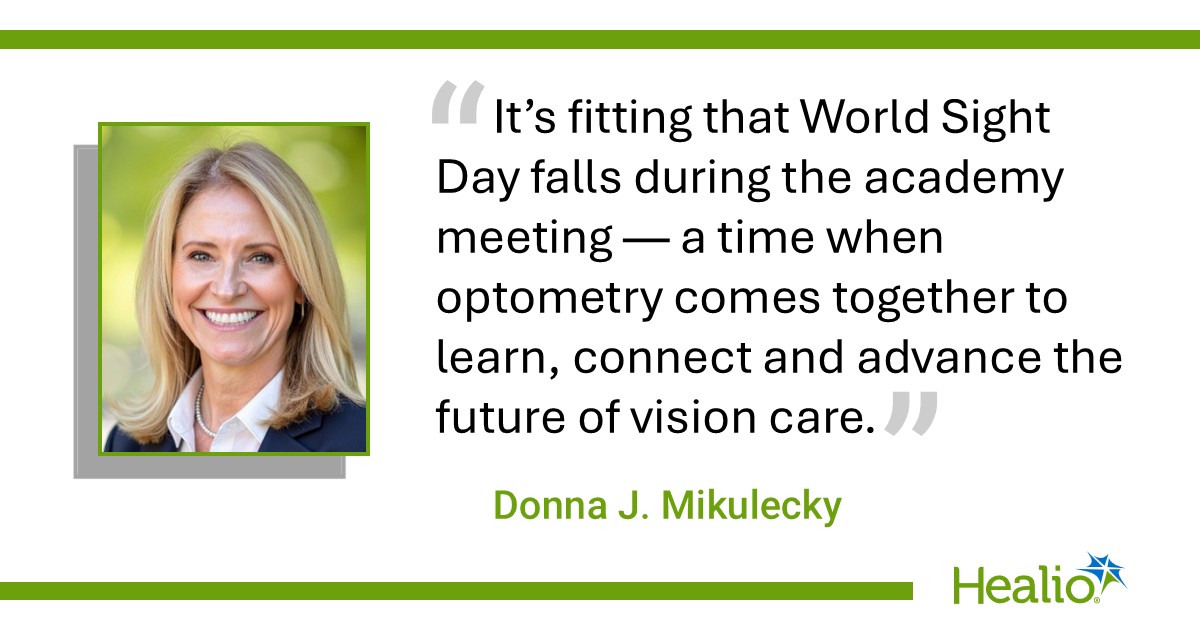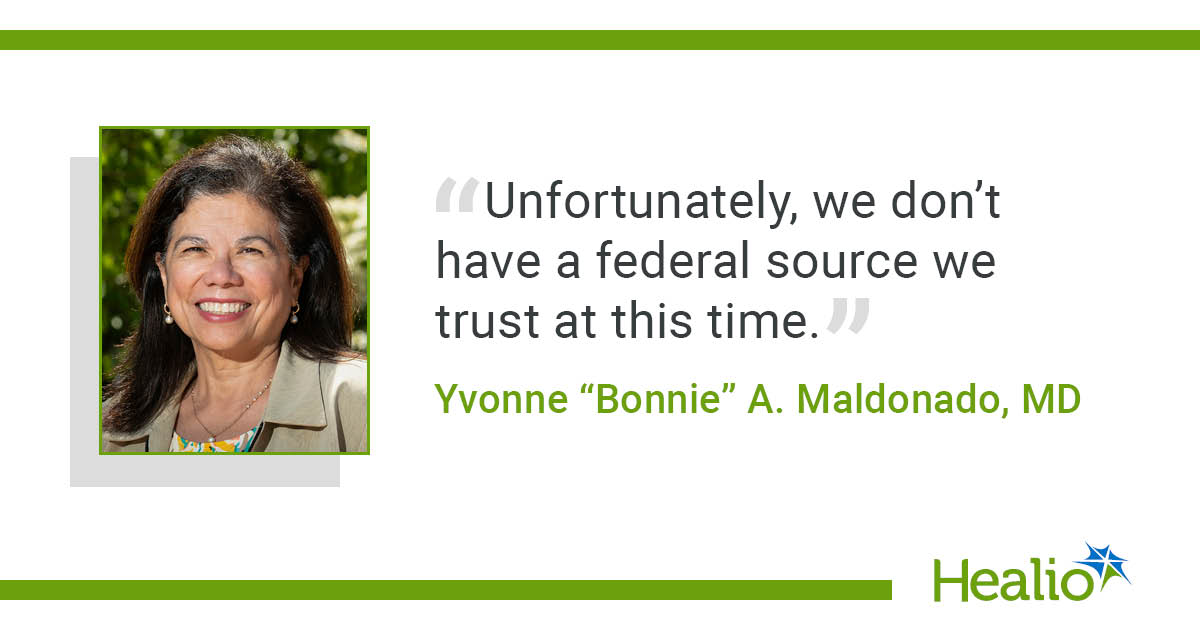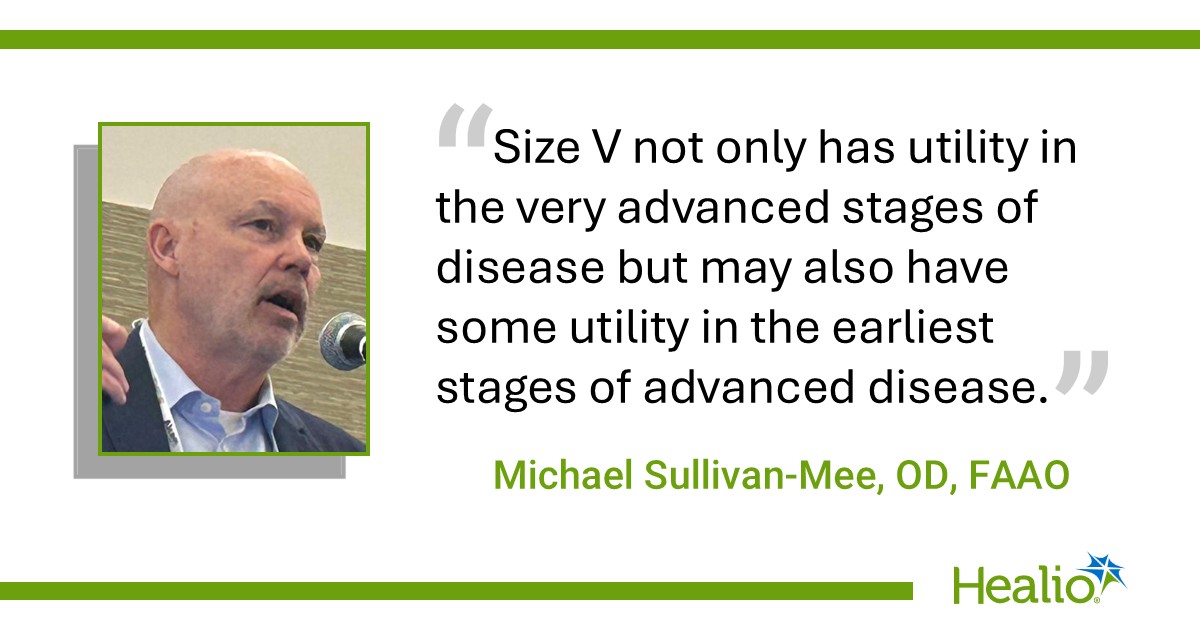Oh, what a beautiful morning. Clear blue skies and delicious cool breezes are enveloping the Pharmalot campus, where the official mascots are bounding about the grounds chasing varmints and fending off passersby. As for us, we are busy firing up the coffee kettle for another cup of stimulation. Our choice today is Mexican cinnamon. Nothing like a little variety, yes? Please do join us. Meanwhile, here is the latest menu of tidbits to get you started on your journey, which we hope will be insightful and productive. And of course, do keep us in mind when some new development occurs. We gladly accept all manner of tips and documents …
The Trump administration said it does not plan to impose tariffs on generic drugs from foreign countries, after months of wrangling over whether to impose levies on the vast majority of drugs that are dispensed in the U.S., The Wall Street Journal reports. The administration has been weighing duties on a range of pharmaceutical products and ingredients, using a tariff investigation under Section 232 of the Trade Expansion Act of 1962, which covers threats to national security. President Trump last month posted online that he would impose 100% tariffs on brand-name drugs on Oct. 1, but did not mention generics. Trump ultimately delayed imposing tariffs, as officials said they would allow for more negotiations with drug companies. The move, which is not final and could change in the coming weeks, comes after months of debate within the administration over how to bring manufacturing of generic drugs back to the U.S. and what role tariffs should play in that effort. While Trump has targeted brand-name drugs in tariff threats, he has made few recent statements on generic, which make up about 90% of medicines dispensed to Americans every day but are largely sourced from outside the country.
Novo Nordisk agreed to acquire Akero Therapeutics, the developer of a drug to treat the liver disease known as MASH, in a deal worth up to $5.2 billion, STAT writes. In acquiring Akero, Novo, the maker of Ozempic and Wegovy, bolsters its pipeline of drugs to treat metabolic conditions like obesity and diabetes. MASH is often the result of obesity. Fat accumulation within the liver leads to inflammation and fibrosis, or scarring. Left untreated, the damage done by severe MASH can cause cirrhosis, liver cancer, and the need for a transplant. Pharmaceutical companies, particularly those with a stake in the global market for obesity drugs, have become increasingly interested in adding MASH drugs to their pipelines. Last month, Roche said it would acquire 89Bio, the developer of a MASH drug that is similar to the one being developed by Akero, for up to $3.5 billion. Earlier this year, GSK bought an experimental MASH drug from Boston Pharmaceuticals for $1.2 billion upfront.


This article is exclusive to STAT+ subscribers
Unlock this article — plus in-depth analysis, newsletters, premium events, and news alerts.
Already have an account? Log in










